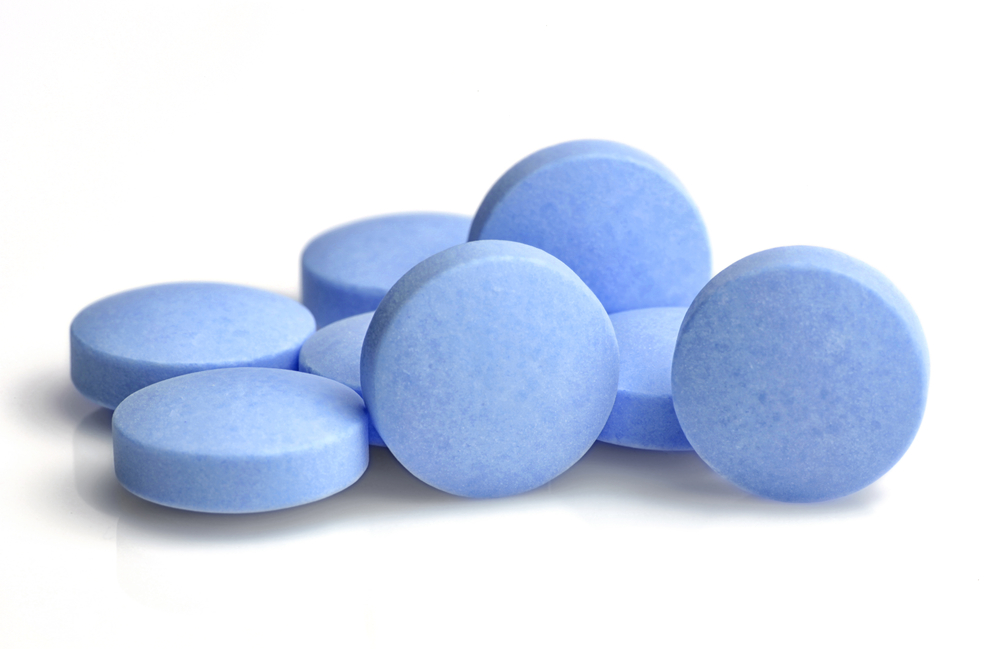
FDA Moves Forward on Ecstasy Ingredient Trials for PTSD

Get the world’s most fascinating discoveries delivered straight to your inbox.
You are now subscribed
Your newsletter sign-up was successful
Want to add more newsletters?

Delivered Daily
Daily Newsletter
Sign up for the latest discoveries, groundbreaking research and fascinating breakthroughs that impact you and the wider world direct to your inbox.

Once a week
Life's Little Mysteries
Feed your curiosity with an exclusive mystery every week, solved with science and delivered direct to your inbox before it's seen anywhere else.

Once a week
How It Works
Sign up to our free science & technology newsletter for your weekly fix of fascinating articles, quick quizzes, amazing images, and more

Delivered daily
Space.com Newsletter
Breaking space news, the latest updates on rocket launches, skywatching events and more!

Once a month
Watch This Space
Sign up to our monthly entertainment newsletter to keep up with all our coverage of the latest sci-fi and space movies, tv shows, games and books.

Once a week
Night Sky This Week
Discover this week's must-see night sky events, moon phases, and stunning astrophotos. Sign up for our skywatching newsletter and explore the universe with us!
Join the club
Get full access to premium articles, exclusive features and a growing list of member rewards.
The active ingredient in the drug ecstasy passed an important hurdle on the path to becoming a prescription drug for treating post-traumatic stress disorder.
The ingredient, MDMA, was granted "Breakthrough Therapy Designation" status by the U.S. Food and Drug Administration (FDA), according to a statement released Aug. 26 by the Multidisciplinary Association for Psychedelic Studies (MAPS), a nonprofit organization that advocates for medical research on psychedelic substances.
The Breakthrough Therapy Designation term means that the FDA will "expedite the development and review" of the drug. The designation is given to those drugs that are intended to treat a serious or life-threatening disease or condition; such drugs also present preliminary clinical evidence indicating that the drug may demonstrate substantial improvement over existing therapies, according to the FDA.
"By granting Breakthrough Therapy Designation, the FDA has agreed that this treatment may have a meaningful advantage and greater compliance over available medications for PTSD," according to the MAPS statement.
MAPS has funded clinical trials looking into the use of MDMA along with psychotherapy as a treatment for PTSD. With the new designation from the FDA, the association will move forward with Phase 3 clinical trials and plans to conduct the trials in 2018. Phase 3 clinical trials are conducted after earlier trials have established that a new treatment works and is safe. Phase 3 trials are done in larger groups of people than earlier trials, and serve to confirm how well the treatment works and compare the new treatment to existing treatments, according to the National Institutes of Health.
The Phase 3 clinical trials will focus on "MDMA-assisted psychotherapy," MAPS said. The treatment involves three daylong sessions, during which a participant is given either MDMA or a placebo in conjunction with psychotherapy over a 12-week period. In addition to the daylong sessions, the subjects will also participate in 12 90-minute therapy sessions, according to MAPS.
Originally published on Live Science.
Get the world’s most fascinating discoveries delivered straight to your inbox.

 Live Science Plus
Live Science Plus










